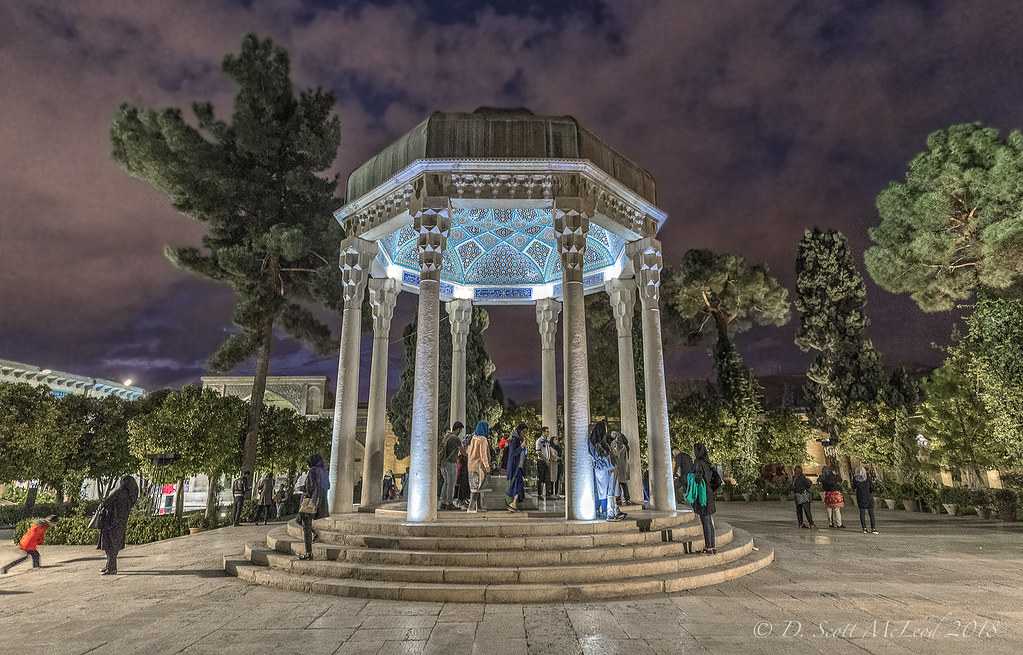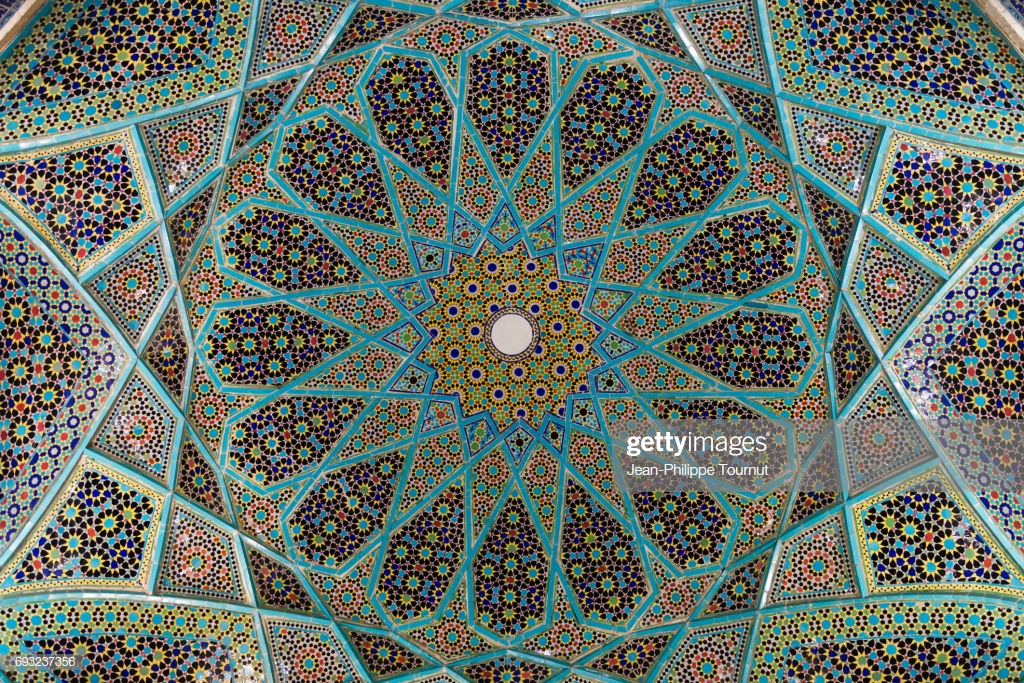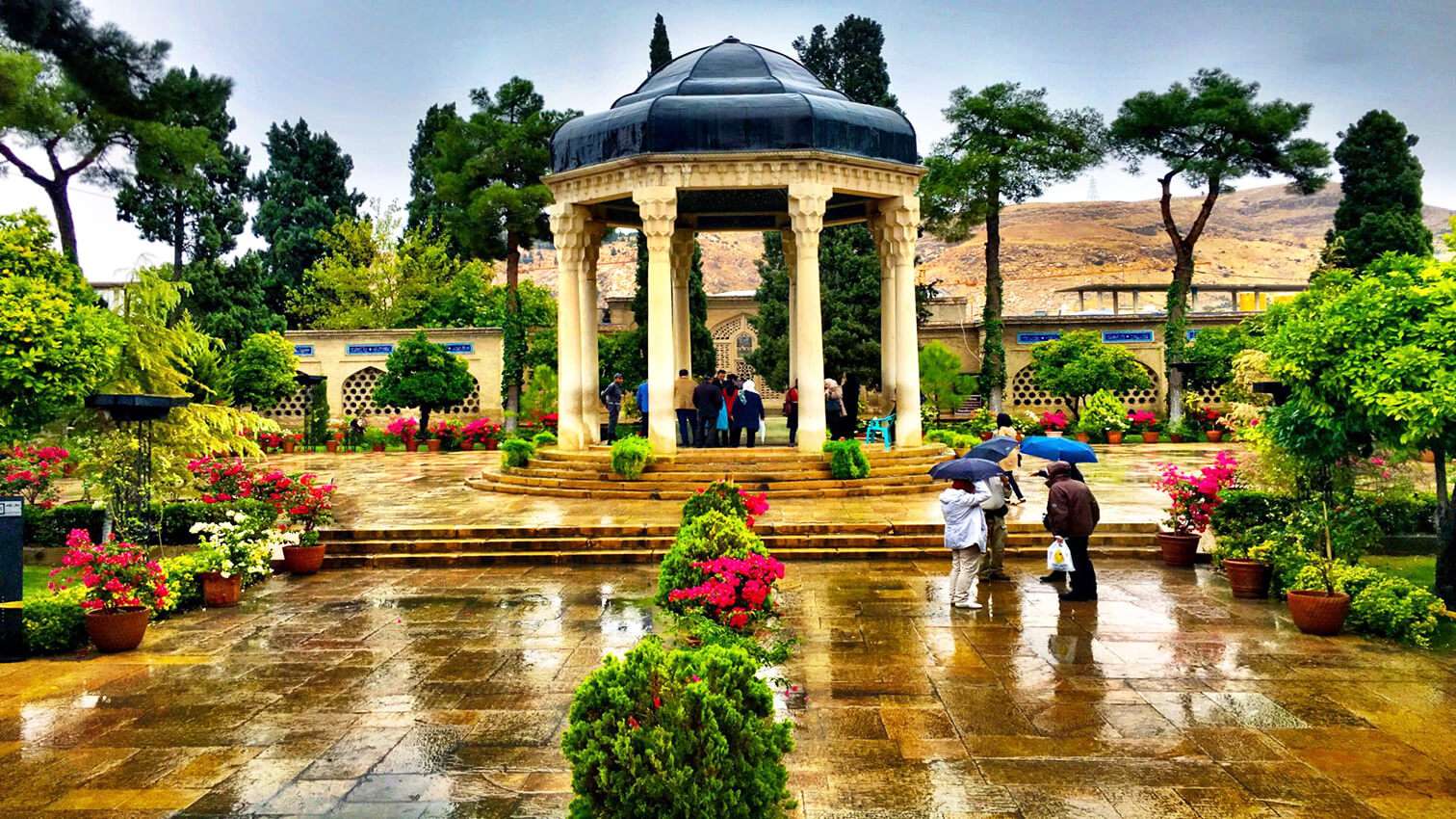
National Day of Hafez
The National Day Of Hafez Shirazi
October 12th is the day in which Hafez is honored in Iran. Hafez Day gives us an opportunity to analyze the relationship between his viewpoints and our culture and tradition.
In addition to Iran, the ceremonies to commemorate Hafez are held in 61 countries, which is an international effort to appreciate the great Iranian poet, in Iran's and world literatures, who lived in the 8th century A.H. or 14th century A.D.

What does the name'Hafez' mean?
The poet's pen name 'Hafez' means one who has memorized a book. He was given the title because he could recite the holy Qur'an completely by heart in 14 different ways, but he believed his own interpretation would naturally bring justice, freedom and cheerfulness into people's everyday life and reduce depression, chaos and unhappiness. He also had memorized many of the works of his hero, Saadi, as wells as Attar, Rumi and Nizami.

The life of Hafez
Very little credible information is known about Hafiz's life, particularly its early part. Immediately after his death, many stories, some of mythical proportions were woven around his life.
His full name is Shamseddin Mohammad and Hafiz or Hafez is his pen name. He was born between years 1310-1325 A.D. or 712-727 A.H. in Shiraz.
Some 500 ghazals, 42 Rubaiyees, and a few Ghaseedeh's, composed over a period of 50 years. Hafiz only composed when he was divinely inspired, and therefore he averaged only about 10 Ghazals per year. His focus was to write poetry worthy of the Beloved.

Hafez died in late 1388 or early 1389 A.D. or 791 A.H. at the age of 69. He is buried in a Tomb in Musalla Gardens, near Ruknabad River in Shiraz, which is referred to as Hafezieh and is pantheon of world lovers, literates and scholars.






Leave a Reply
Your email address will not be published. Required fields are marked *
All Comments (1)
Afsaneh Mirfendereski